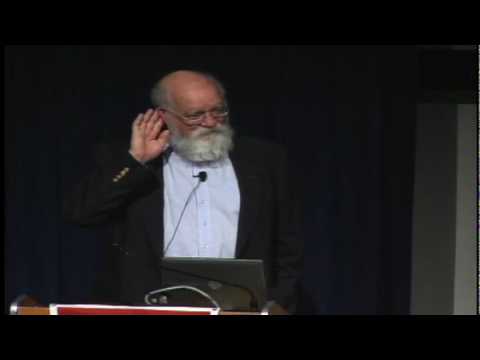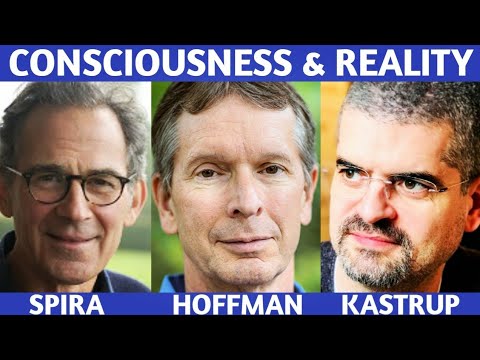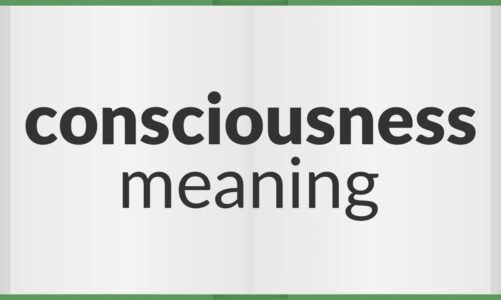Stanford
October 13, 2008 lecture by Daniel Dennett for the Stanford Continuing Studies course on Darwin’s Legacy (DAR 200). Dr. Dennett presents the philosophical importance of Darwin’s theory of evolution. The lecture is concluded with a panel discussion with Hank Greely and Chris Bobonich.
Stanford Continuing Studies:
http://csp.stanford.edu
Stanford University:
http://www.stanford.edu/
Stanford Channel on YouTube:
http://www.youtube.com/stanford
Source




I find this series of lectures pretty close to
the well known series "Beyond Belief 0."
Very informative and a source of new ideas.
27:27: "whoop! didn't mean to do that!"
I fail to understand how Mr. Dennett can argue that passwords function outside of grammar or syntax. (58:45 or so)
why dont you give us The Argument which is beyond reductionism, holism and any human context?
Valu, you are wasting electrons.
ex: A response to valu777 from Lecture 1
Since you obviously don't know the first thing about biochemistry or genetics or organic chemistry, discussing this issue with you is like discussing Socrates with a poodle. It's a one way conversation in which one participant (you) can't even argue cogently because he lacks the knowledge base necessary to do anything but sound like an ignoramus.
You are out of your intellectual league here.
This is a great series, though acknowledging I am not well versed in the subject, I have learned much so far. I have listened to Mr. Dennett's speeches all over the internet, and though some times he can be long-winded, he has a good grasps on the subjects and interesting thoughts on them. Thanks Stanford for this series.
When he's talking about the evolution of language he's talking about Pontypool (2008 film).
People have always had the "what evolution has produced is right" meme, called 'natural moral law,' though they called evolution God back then.
The best way to oppose it is to educate – stress the huge intraspecies variation in any group, the numerous niches within any species, the unguided nature of evolution, its slow adaption speed, etc.
or maybe use the philosophical memes that sprung up to oppose natural moral law – open question argument, is/ought and fact/value gaps, for instance.
Natural Selection may not disprove god but provides a means by which order could get here without a designer; similarly, it shows how all the behaviors moral facts were usually brought forth to explain could be explained without objective morals.
Knowing the origin of the desires and emotional reactions that are at the centre of moral theories, could shed new light on those concepts.
Darwin's theory has single handedly brought down thousands of theories to its knees, from humanities, social sciences, philosophies, and beyond, subjects that refuse to incorporate evolution will eventually be debunked. This is not to say that we know all the mechanisms that affect evolution, but those dimensions that we do know fit perfectly well with the theory. Dennett does a wonderful job advocating the reality rather than rely on superstition and gaps to explain our diversity.
Dennett and Darwin:
Their beards are evidence of convergent evolution.
attention needed: time: 1:23:20 "bigger cells than others… big bone cells" if he meant that taller or larger humans or in any of the same species have bigger cells, then he is mistaken. Rather than having bigger cells or bigger bone cells, the reason that they are bigger is that they have more cells. Reference: Surface Area/Volume Ratio pp 99, Reece, Jane, et al. "A Tour of the Cell." Campbell Biology. 2005. 9th ed. San Francisco, CA: Benjamin Cummings, 2011. 94-124. Print.
I think he was making a joke
Micro evolution within one species is one thing, but macro evolution is nonscientific. When darwin cult members ask me to believe that an amoeba morphed into T Rex, I know they are in a religious cult and no longer following the science.